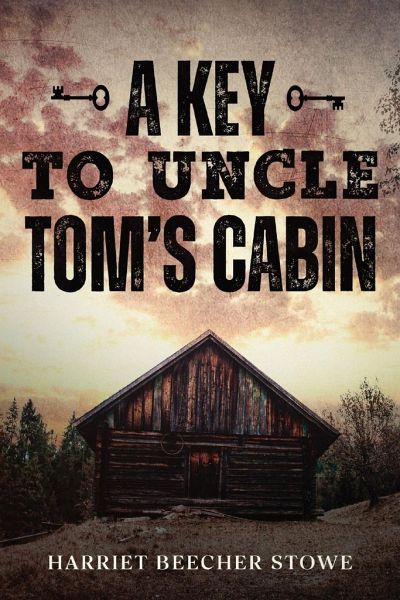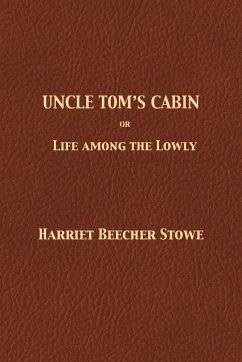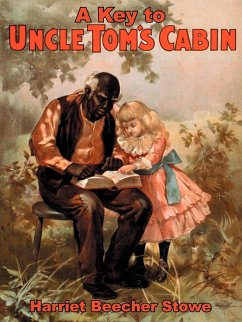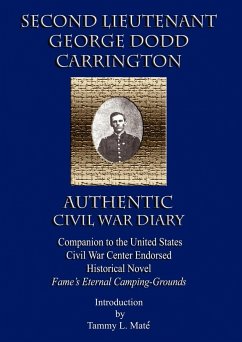
A Key to Uncle Tom's Cabin
Versandkostenfrei!
Versandfertig in 1-2 Wochen
25,99 €
inkl. MwSt.

PAYBACK Punkte
13 °P sammeln!
A Key to Uncle Tom's Cabin is a "supplement" book published to document Harriet Beecher Stowe's bestselling book and anti-slavery novel, Uncle Tom's Cabin. An instant classic, Uncle Tom's Cabin (which was first published in 1852) had a profound impact on attitudes toward African Americans and slavery in the United States. Stowe's novel, which was highly controversial at the time, provoked a firestorm of competing and contradictory responses among readers from Northerners, Southerners, abolitionist groups, blacks, and women alike. Uncle Tom's Cabin tells the story of a "benevolent" landowner wh...
A Key to Uncle Tom's Cabin is a "supplement" book published to document Harriet Beecher Stowe's bestselling book and anti-slavery novel, Uncle Tom's Cabin. An instant classic, Uncle Tom's Cabin (which was first published in 1852) had a profound impact on attitudes toward African Americans and slavery in the United States. Stowe's novel, which was highly controversial at the time, provoked a firestorm of competing and contradictory responses among readers from Northerners, Southerners, abolitionist groups, blacks, and women alike. Uncle Tom's Cabin tells the story of a "benevolent" landowner who sells two slaves (Uncle Tom and Eliza) as a fundraiser. After their sale, Eliza's fortunes rise when she manages to escape to freedom. Uncle Tom, on the other hand, is repeatedly sold and eventually loses his very life at the hands of a violent master. Despite the heavy criticism, Uncle Tom's Cabin, became the first widely read American political novel and the second bestselling American book of the 19th century (after only the Bible). In response to the controversy surrounding Uncle Tom's Cabin, Stowe answered with a meticulous and thoughtful defense of her work entitled A Key to Uncle Tom's Cabin. In this Key, Stowe documented the authenticity of the characters in Uncle Tom's Cabin. Like the preceding book, Stowe's follow-up challenged the institution of slavery, the mistreatment of individual slaves, and the law that allowed such wrongs. Needless to say, pro-slavery readers were further incensed by this follow-up volume. Notwithstanding her critics. Harriet Beecher Stowe managed to influence not only the thinking of people on slavery, but to impact the nature's literature (in the terms of protest writing) as well. A Key to Uncle Tom's Cabin, which was also widely read and supported Stowe's claims, offers valuable insights into her first historical and literary masterpiece.














